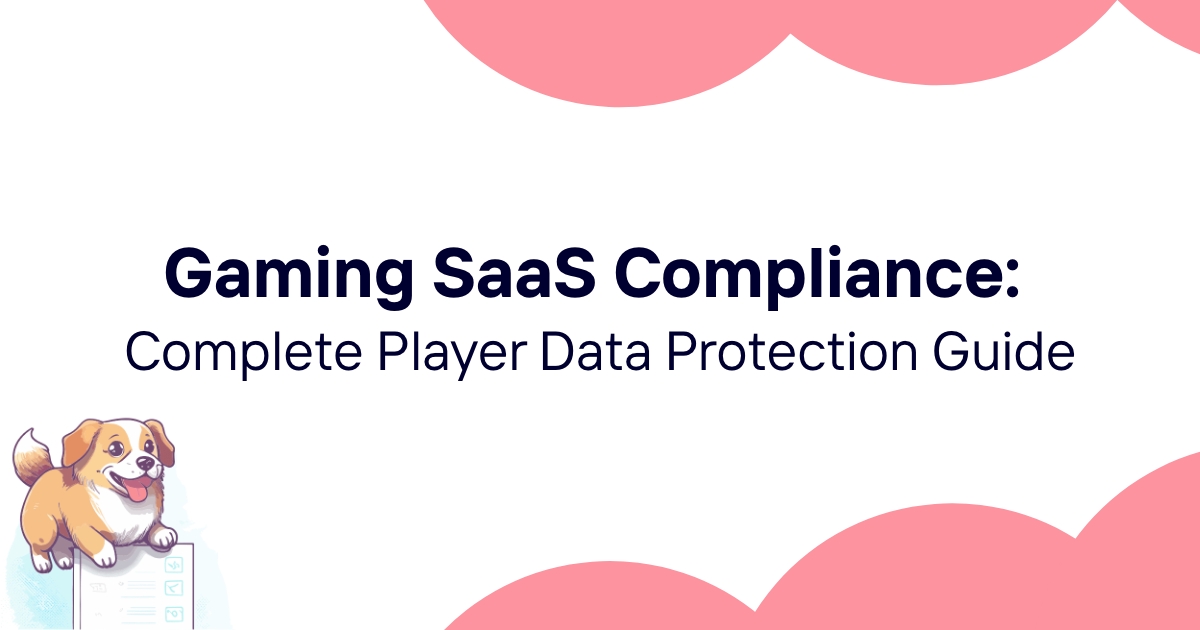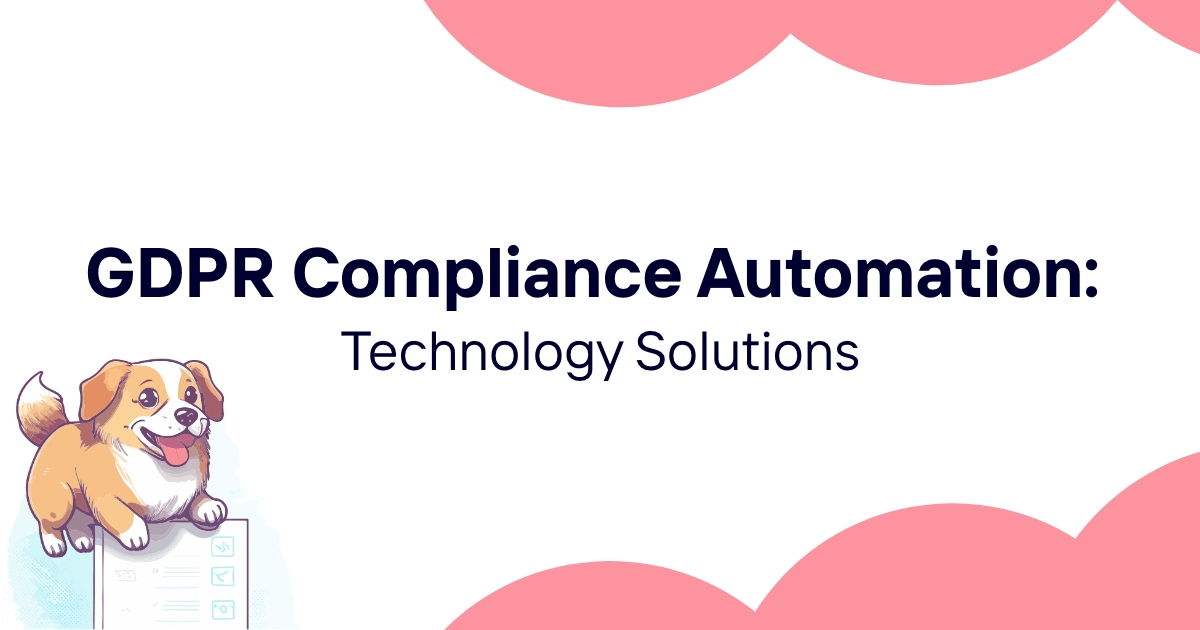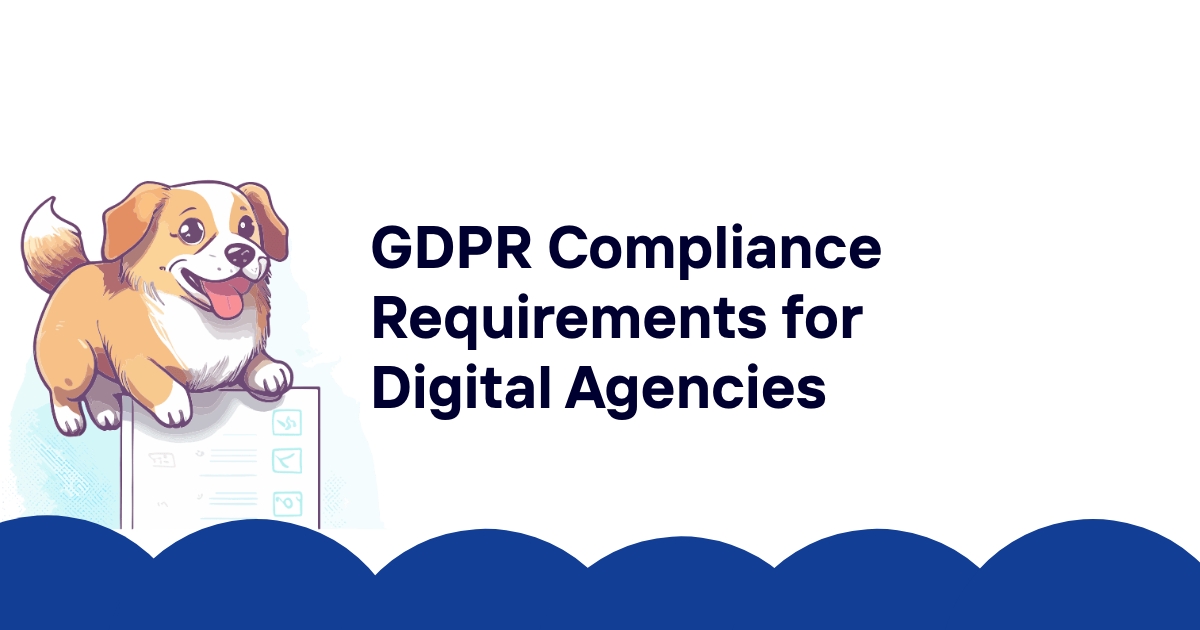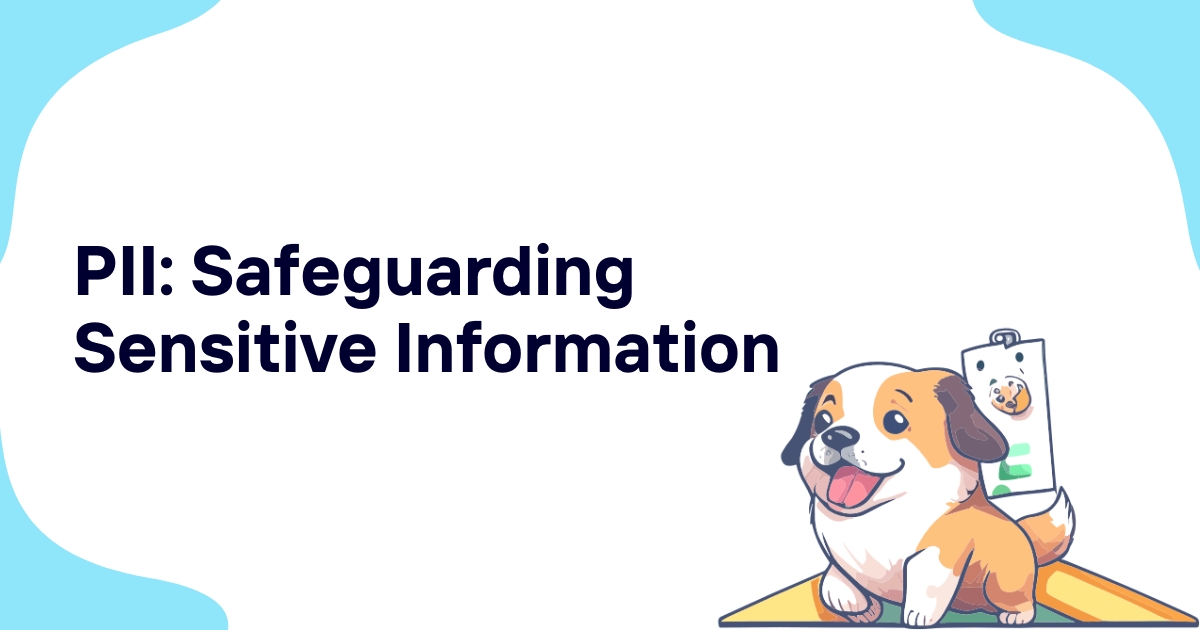Gaming SaaS platforms collect some of the most detailed behavioral data imaginable. Every click, movement, purchase, and social interaction creates a digital fingerprint that reveals intimate details about player preferences, habits, and psychological patterns. This data goldmine drives personalization, monetization, and community features - but it also creates massive privacy compliance challenges.
Gaming compliance is particularly complex because players span all age groups, from children who can't give legal consent to adults with full privacy rights. Gaming platforms operate globally, serving players across dozens of jurisdictions with different privacy laws, age requirements, and cultural expectations about data protection.
The stakes are getting higher. Privacy regulators are scrutinizing gaming platforms more closely, particularly around children's data protection, behavioral manipulation, and addictive design patterns. High-profile enforcement actions have targeted gaming companies for inadequate age verification, deceptive monetization practices, and failure to protect young players' personal information.
Gaming SaaS platforms that build strong privacy compliance programs gain competitive advantages by winning parent trust, meeting platform certification requirements, and avoiding regulatory scrutiny. Companies like ComplyDog help gaming platforms demonstrate their commitment to player data protection through comprehensive compliance portals that build trust with partners and regulators.
Gaming Platform Data Protection Overview
Gaming platforms generate massive amounts of personal data through gameplay, social interactions, and monetization systems that require comprehensive privacy protection frameworks.
Core Gaming Data Categories:
- Player identity data - Usernames, email addresses, real names, profile information, avatar data
- Gameplay data - Performance metrics, progress tracking, achievement records, play session data
- Behavioral analytics - Click patterns, movement tracking, decision-making data, engagement metrics
- Social interaction data - Friend lists, chat logs, voice communications, community participation
- Monetization data - Purchase history, payment methods, virtual currency transactions, subscription data
Each data category requires different legal basis and protection approaches under privacy laws. Gameplay data for core functionality might rely on contract performance, while detailed behavioral analytics for monetization optimization could require explicit consent.
Gaming-Specific Privacy Challenges:
Gaming environments create unique privacy scenarios that don't exist in traditional business applications. Players expect personalized experiences, social connections, and competitive features that require extensive data processing and sharing.
Virtual worlds and persistent game states require ongoing data processing that continues even when players aren't actively playing. Leaderboards, guild systems, and social features involve sharing player data with other users in ways that must balance community features with privacy protection.
Multi-Platform Gaming Complexity:
Modern gaming spans multiple platforms, devices, and services with players expecting seamless experiences across PC, mobile, console, and cloud gaming. This integration creates complex data flows that require coordinated privacy compliance.
Cross-platform progression, friend systems, and cloud saves involve data sharing between different gaming ecosystems, each with its own privacy policies, age verification systems, and compliance obligations.
Gaming Industry Regulations:
Gaming platforms must comply with both general privacy laws and gaming-specific regulations that vary by jurisdiction. Some countries have specific requirements for gaming platforms around age verification, spending limits, and addiction prevention.
Consider gaming industry self-regulation initiatives and platform certification requirements that might impose additional privacy obligations beyond legal minimums. App store policies, console certification requirements, and industry rating systems all create compliance considerations.
For insights on handling complex multi-stakeholder environments, check out our retail SaaS compliance guide which addresses similar customer data challenges.
Player Account and Profile Data Management
Gaming platforms collect extensive player account information that supports personalization, social features, and account security while requiring careful privacy protection and rights management.
Player Identity Verification:
Gaming platforms need player identity information for account security, age verification, and fraud prevention, but must balance these needs with privacy minimization principles and anonymous gaming traditions.
Implement identity collection that serves specific business purposes without creating unnecessary privacy exposure. Age verification might require birth dates, but comprehensive demographic profiling might exceed business necessity for gaming services.
Profile Data Customization:
Gaming profiles often include extensive customization options that allow players to share personal information, interests, and social connections. These features must respect player privacy choices while enabling community interaction.
Design profile systems with granular privacy controls that let players choose what information to share with different audiences. A player might want to share gaming achievements publicly while keeping location information private.
Account Linking and Integration:
Gaming platforms often integrate with social media accounts, streaming services, and other gaming platforms through account linking features. These integrations create complex data sharing scenarios that require clear consent and privacy disclosure.
Implement account linking with explicit consent for each type of data sharing. Players should understand what information flows between linked accounts and retain control over these connections throughout their gaming experience.
Player Data Portability:
Gaming data portability serves different purposes than traditional business applications. Players might want to transfer achievements, friends lists, or character progression between gaming platforms or preserve their gaming history when switching services.
Create portability features that serve legitimate gaming needs while protecting competitive information and system integrity. Player achievements and statistics might be portable, while anti-cheat data and moderation records might require different handling.
Gaming Analytics and Behavioral Data Privacy
Gaming analytics collect detailed behavioral data to optimize gameplay, identify issues, and support monetization strategies. This comprehensive tracking creates significant privacy compliance challenges that require careful management.
Gameplay Telemetry Privacy:
Gaming telemetry systems collect detailed information about player actions, decisions, and performance to optimize game design and identify technical issues. This data can reveal intimate details about player behavior and preferences.
Implement telemetry collection with clear purposes and data minimization principles. Bug detection and performance optimization might justify detailed technical data, but behavioral profiling for monetization might require additional consent or privacy protections.
Player Behavior Analytics:
Gaming platforms use behavioral analytics to understand player engagement, predict churn, and optimize monetization features. These systems often make automated decisions about game difficulty, content recommendations, and purchasing prompts.
Document behavioral analytics systems and provide transparency when automated decisions significantly affect player experiences. Under GDPR, automated decisions that substantially affect individuals require additional protections and explanation rights.
Predictive Analytics and Personalization:
Gaming personalization systems use predictive analytics to customize content, difficulty, and monetization features based on player behavior patterns. These systems must balance personalization benefits with privacy protection requirements.
Consider consent mechanisms for detailed personalization that goes beyond basic gameplay functionality. Core game mechanics might rely on legitimate interests, while advanced behavioral manipulation might require explicit player consent.
Cross-Game Analytics Integration:
Gaming companies often operate multiple games and use cross-game analytics to understand player preferences and optimize portfolio performance. This integration requires careful privacy compliance because it creates comprehensive player profiles across different gaming experiences.
Implement cross-game analytics with appropriate consent and transparency. Players might consent to analytics within individual games without expecting comprehensive profiling across an entire gaming portfolio.
In-Game Purchase and Payment Data Protection
Gaming monetization through in-game purchases, subscriptions, and virtual currencies creates complex payment data protection requirements that combine privacy laws with financial regulations.
Virtual Currency and Payment Privacy:
Gaming platforms often use virtual currencies that obscure the relationship between real money and virtual purchases. This system requires careful privacy compliance because it involves both payment data and behavioral tracking of spending patterns.
Implement virtual currency systems with clear disclosure about data collection and spending tracking. Players should understand how purchase behavior is monitored and used for game optimization or monetization features.
Subscription and Recurring Payment Management:
Gaming subscriptions and recurring payments require ongoing processing of payment data and customer communication about billing, cancellation, and subscription management. This processing must respect privacy preferences while meeting payment industry requirements.
Design subscription management systems that provide clear cancellation options and spending controls while protecting payment data according to both privacy laws and payment industry standards like PCI DSS.
Spending Pattern Analytics:
Gaming platforms often analyze spending patterns to optimize monetization features, identify high-value players, and prevent fraud. This analysis can reveal sensitive information about player financial circumstances and spending behavior.
Evaluate spending analytics for privacy implications and implement appropriate protections when detailed financial behavior analysis is involved. Fraud prevention might justify some spending monitoring, but comprehensive financial profiling might require additional consent.
Parental Controls and Minor Protection:
Gaming platforms serving minors need robust parental controls and spending limits that protect young players while respecting family privacy dynamics. These systems must balance child protection with privacy rights of both parents and children.
Implement parental control systems that provide appropriate spending oversight without creating excessive surveillance or privacy exposure for families using gaming platforms.
Gaming SaaS Age Verification and Minors
Gaming platforms face complex age verification requirements because they serve players across all age groups while needing to provide enhanced protection for children and obtain appropriate consent for different types of data processing.
Age Verification Implementation:
Gaming platforms need reliable age verification to comply with children's privacy laws, implement appropriate parental controls, and ensure age-appropriate content delivery. However, age verification itself involves collecting personal data that requires privacy protection.
Design age verification systems that collect minimal information necessary for compliance while providing accurate age determination. Consider privacy-preserving age verification approaches that don't require storing comprehensive identity documents.
Children's Privacy Protection:
Gaming platforms serving children must comply with enhanced privacy protections under laws like COPPA in the US and GDPR's heightened protections for children. These requirements affect data collection, parental consent, and platform features.
Implement children's privacy protections that restrict data collection, limit behavioral tracking, and provide appropriate parental oversight without eliminating age-appropriate gaming features and social interaction.
Parental Consent Management:
When parental consent is required for children's gaming accounts, implement practical consent mechanisms that work for gaming contexts while meeting legal requirements for verifiable parental consent.
Consider bulk consent approaches for gaming features combined with granular controls for optional features like advanced analytics, social interaction, or marketing communications that might require separate parental approval.
Teen Privacy Considerations:
Teenage players present particular challenges because they have increasing autonomy and privacy expectations while still requiring enhanced protection under children's privacy laws in many jurisdictions.
Design teen privacy protections that provide appropriate autonomy while maintaining enhanced safeguards. Teenagers might have direct control over basic gaming features while requiring parental involvement for monetization or advanced social features.
Cross-Platform Gaming Data Transfers
Modern gaming involves complex data flows between different platforms, devices, and services that create international data transfer obligations requiring careful privacy compliance planning.
Console and PC Integration:
Cross-platform gaming between consoles, PC, and mobile devices involves data sharing between different gaming ecosystems with varying privacy policies, age verification systems, and compliance frameworks.
Document cross-platform data sharing arrangements and ensure appropriate privacy protections apply throughout the gaming ecosystem. Different platforms might have different privacy standards that need coordination for seamless player experiences.
Cloud Gaming Data Flows:
Cloud gaming services involve streaming gameplay data between players, servers, and multiple geographic locations that can create complex international data transfer scenarios requiring appropriate privacy safeguards.
Implement cloud gaming architectures with consideration for data localization requirements and international transfer restrictions that might affect service availability or performance in different jurisdictions.
Gaming Social Network Integration:
Gaming platforms often integrate with social media platforms, streaming services, and gaming-specific social networks that create additional data sharing obligations requiring explicit consent and privacy disclosure.
Design social integration features with clear consent mechanisms for each type of data sharing. Players should understand what gaming information flows to social platforms and retain control over these connections.
Competitive Gaming and Esports:
Competitive gaming and esports involve additional data sharing for tournament organization, anti-cheat systems, and public competition records that must balance competitive integrity with player privacy protection.
Implement competitive gaming data management that protects player privacy while supporting legitimate competitive gaming needs like skill verification, anti-cheat protection, and tournament organization.
Gaming Community and Social Features Privacy
Gaming communities create rich social environments that require extensive data processing for communication, content sharing, and community moderation while respecting player privacy and safety.
Chat and Communication Privacy:
Gaming chat systems, voice communication, and messaging features involve processing communication data that requires privacy protection while supporting community moderation and safety features.
Implement communication systems with appropriate retention policies, privacy controls, and moderation capabilities that protect player safety while respecting communication privacy expectations.
User-Generated Content Management:
Gaming platforms often support user-generated content including custom levels, mods, artwork, and videos that might contain personal information requiring privacy protection and content moderation.
Design user-generated content systems with privacy considerations for both content creators and other players who might be depicted or referenced in user-created materials.
Community Moderation and Safety:
Gaming community moderation requires processing behavioral data, communication content, and player reports to maintain safe gaming environments. This processing must balance safety needs with privacy protection.
Implement moderation systems that can protect player safety while minimizing privacy impact. Automated moderation might process communication content for safety violations, but comprehensive behavioral profiling might require additional privacy protections.
Gaming Guilds and Team Privacy:
Gaming guilds, teams, and group features often involve sharing player information within gaming communities that must respect individual privacy preferences while enabling group coordination and social features.
Design guild and team features with appropriate privacy controls that let players choose what information to share within gaming communities and retain control over their participation in group activities.
Ready to build trust with players and parents? Use ComplyDog and demonstrate your commitment to player data protection with a comprehensive compliance portal that addresses gaming-specific privacy requirements and builds confidence in your gaming platform.


















